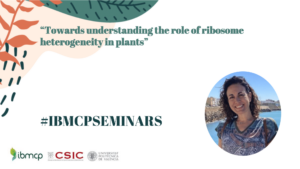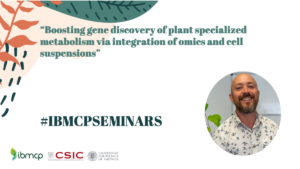“Rapid responses controlling Arabidopsis root growth”
Despite being sessile organisms, stuck to the place where their seed germinated, plants reorient their growth plastically depending on different stimuli. For this growth regulation, distribution of the plant hormone auxin is essential. Genetic and biochemical investigations have resulted in the identification of a core signalling mechanism required for the plant cell’s responses to auxin, which involves dedicated receptor proteins and triggers changes in gene expression. However, auxin causes cellular and physiological adjustments that occur within seconds, which is too rapid to explained by changes in gene expression. We are therefore interested in rapid auxin responses of the root specifically and we embarked on a combinatorial research approach using state-of-the-art microfluidics, vertical microscopy and phospho-proteomics analysis. The microscopy approach identified apoplast alkalinisation as the causal mechanism for auxin-induced root growth inhibition, while specific phosphorylation of H+-ATPases was observed in the phospho-proteome datasets. Moreover, we were able to proof that TRANSMEMBRANE KINASE1 (TMK1) is responsible for the auxin-induced phosphorylation of the H+-ATPases. This points to the existence of two converging antagonistically acting auxin-mediated signalling pathways, allowing for flexible growth adjustments depending on the environmental cues. In the phospho-proteome dataset, we also identified phosphorylation of Myosin XI proteins. This phosphorylation is essential for their role in vesicle trafficking and the polarity of PIN auxin export proteins. We think that hereby, we have identified (part of) the long sought mechanism by which auxin influences the polarity of its own transport. In conclusion, our research on rapid responses within the root and the generated rapid phosphorylation dataset(s) have offered new insights in auxin signalling and will result in better understanding of the behaviour of plant roots.





